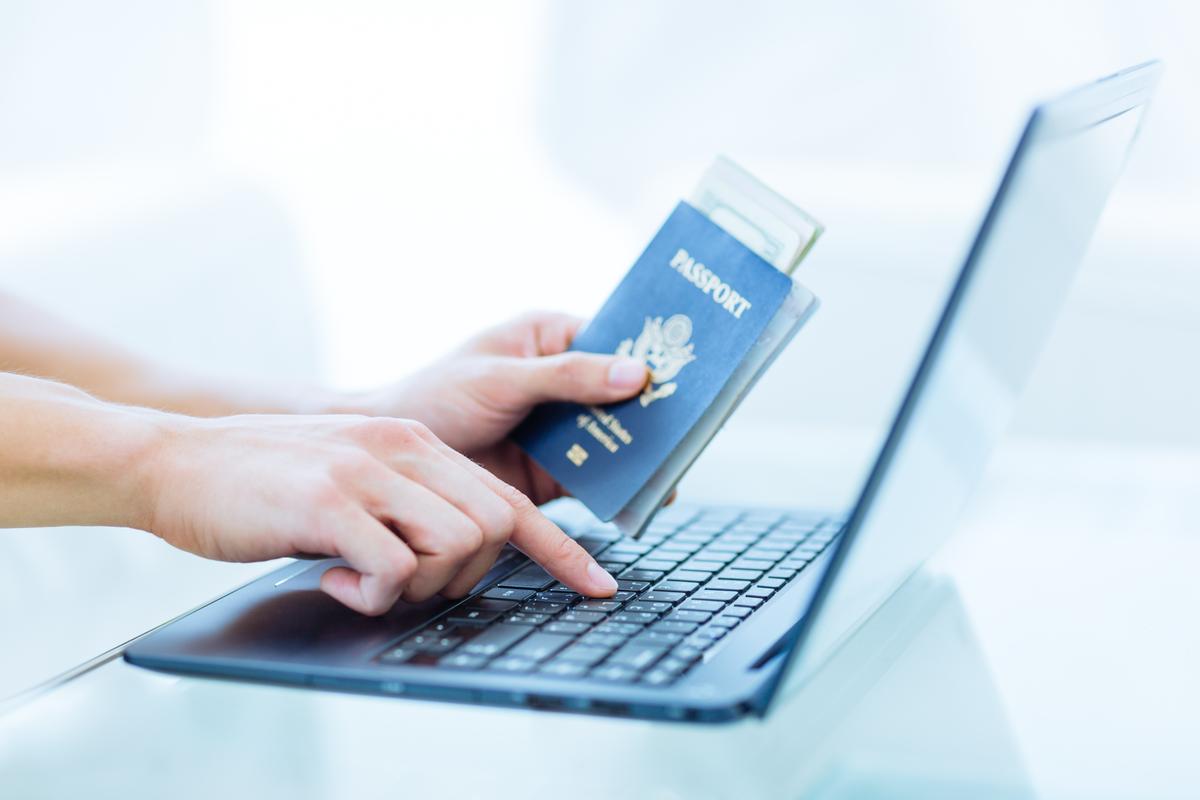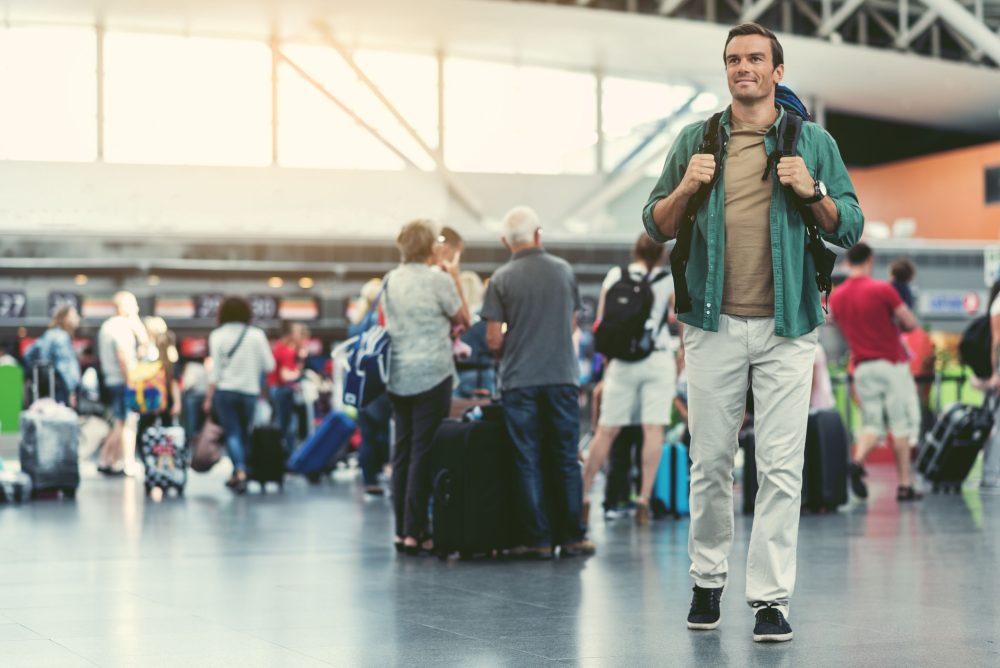
Are you planning a trip to Vietnam? If so, you may be wondering about the visa process. Luckily, Vietnam offers an evisa option for travelers, making the process much simpler and more convenient. In this article, we will explore everything you need to know about evisas for Vietnam, from how to apply to important information about fees and processing times.

Vietnam Evisa for Indian Citizens: Requirements and Application Process
For Indian citizens, obtaining an evisa for Vietnam is a straightforward process. The first step is to visit the official website of the Vietnam Immigration Department and complete the online application. You will need a valid passport with at least 6 months validity remaining, a digital photo, and a credit or debit card for payment.
Once your application is submitted and approved, you will receive an electronic visa via email. This visa allows for single entry and a maximum stay of 30 days in Vietnam. It is important to note that the evisa must be used at one of the designated entry points in Vietnam, listed on the official website.
Urgent Evisa for Vietnam: Is it Possible?
If you are short on time and need your visa urgently, there is an option to expedite the processing of your evisa for Vietnam. This can be done through the official government website or through a reputable travel agency. The processing time for an urgent evisa is usually 2-3 working days, but it can be done within 24 hours for an additional fee.
Keep in mind that urgent evisas are only available for certain countries, so be sure to check the list of eligible countries before applying.

Vietnam Evisa Official Website: What You Need to Know
The official website for evisas to Vietnam is the Vietnam Immigration Department’s website. This is the only authorized website for evisa applications, so be cautious of any other websites claiming to offer evisa services. The website is user-friendly and available in multiple languages, making it easy for travelers from all over the world to apply.
The website also provides important information about visa fees, processing times, and entry points. It is always recommended to check this website for the most up-to-date and accurate information before applying for an evisa.
Evisa for Vietnam from India: How to Extend Your Stay
If you are planning to stay in Vietnam for longer than 30 days, you will need to apply for a visa extension. This can be done through the Vietnam Immigration Department’s website or at their office in Hanoi or Ho Chi Minh City. The process usually takes 5-7 working days and requires a valid reason for extending your stay, such as illness or business purposes.
It is important to note that overstaying your evisa can result in fines or deportation, so be sure to plan your trip accordingly.
Other Important Information About Vietnam Evisas
Visa on Arrival vs Evisa: What’s the Difference?
Many travelers may be confused about the difference between a visa on arrival and an evisa. While both allow for visa-free entry into Vietnam, there are some key differences. A visa on arrival is obtained upon arrival at one of the designated airports in Vietnam, while an evisa is applied for online prior to arrival.
Additionally, a visa on arrival allows for multiple entries and a maximum stay of 90 days, while an evisa only allows for single entry and a maximum stay of 30 days.
Vietnam Evisas for Canadian Citizens
Similar to Indian citizens, Canadian citizens can also apply for an evisa for Vietnam through the official government website. The requirements and application process are the same, and the evisa allows for a single entry and a maximum stay of 30 days.
Vietnam Evisa Fees and Processing Times
The fees for an evisa to Vietnam vary depending on your country of origin. For Indian citizens, the fee is $25 USD, while for Canadian citizens it is $50 USD. There is also a processing fee of 1.25 USD for all evisa applications.
The processing time for a regular evisa is usually 3 working days, but it may take longer during peak travel seasons. An urgent evisa can be processed within 24 hours for an additional fee.
How Long is the Evisa Valid?
An evisa for Vietnam is valid for 30 days from the date of arrival, and allows for a maximum stay of 30 days. It is important to note that if you plan to leave Vietnam and re-enter within the 30-day period, you will need to apply for a new evisa or another type of visa.
Frequently Asked Questions about Vietnam Evisas
1. Do I need to apply for an evisa if I am only transiting through Vietnam?
No, if you are transiting through Vietnam and do not plan to leave the airport, you do not need an evisa.
2. Can I apply for an evisa if I have a criminal record?
It depends on the severity of the crime. It is recommended to check with the Vietnam Immigration Department before applying for an evisa.
3. Can I enter Vietnam at any entry point with an evisa?
No, evisas are only valid at designated entry points listed on the official website.
4. Can I extend my evisa once I am in Vietnam?
No, the evisa can only be extended prior to its expiration.
5. Is it possible to get a refund if my evisa application is rejected?
No, the visa application fee is non-refundable, even if your application is rejected.
Conclusion: Evisa for Vietnam is the Way to Go
In conclusion, obtaining an evisa for Vietnam is a simple and efficient process for travelers from eligible countries. The Vietnam Immigration Department’s official website provides all the necessary information and makes it easy to apply for an evisa online.
Be sure to check the visa requirements and processing times before your trip to avoid any delays or issues. With an evisa in hand, you can explore the beautiful country of Vietnam with ease and enjoy your travels without the stress of a complicated visa process.

Leave a Reply